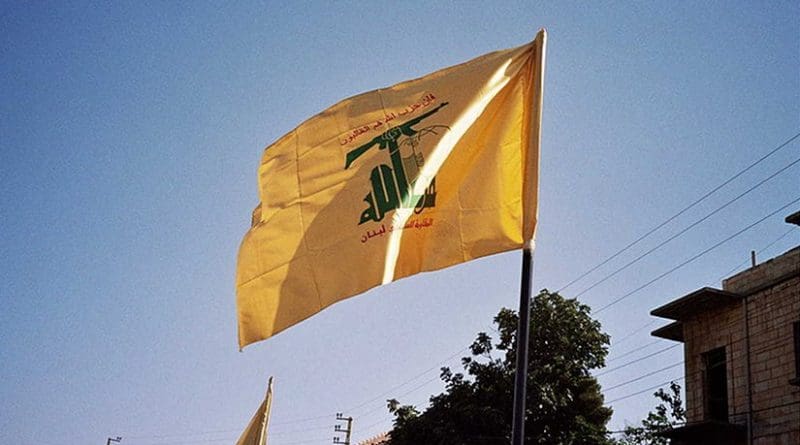Hezbollah To Pay For Syria Adventure – OpEd
By Arab News
By Abdulrahman Al-Rashed
The Lebanon-based militant group, Hezbollah, has been active in the region since the early 1980s. It has had locked horns with Israel several times and these days it is heavily involved in the Syrian conflict, on Bashar Assad’s side.
It surprises many analysts that the losses Hezbollah has so far suffered in the Syrian crisis outweigh all it had faced during its tussles with Israel.
With continuous draining of strengths, the most optimistic estimations place Hezbollah’s loss at a thousand members of its elite, while other estimations speak of the loss of at least 3,000 members.
The so-called Hezbollah has reportedly lost many of its notable commanders. Fawzi Ayoub, a Lebanese-Canadian Hezbollah commander, who was also wanted by the US Federal Bureau of Investigation was killed in Daraa, southwestern Syria; Hassan Hussein Al Hajj, another elite commander reportedly killed in Idlib battles; Khalil Mohammed Hamed Khalil, another Hezbollah prominent figure reported dead in Homs; Ali Fayad, killed in Aleppo; Hezbollah’s crème de la crème Khalil Ali Hassan, also killed in Aleppo earlier June; last but not the least, Hezbollah’s top leader Mustafa Baddreddine was reportedly killed last May.
All of the above mentioned fell at the hands of Syrian opposition fighters or at the hands of other militias in Syria. Hezbollah had long kept its losses confidential. The question is that whether or not these losses eventually influence Hezbollah’s presence as a local Lebanese force or even as an external annex militia to the Iranian Islamic Revolutionary Guard Corps (IRGC)?
Unlike Iran, Hezbollah cannot forcefully recruit Shiite youth in Lebanon, nor does the group enjoys the means to persuade the youngsters to join its ranks —knowing that most of the group’s recruitment is devised by exploiting religious content, political publicity and materialistic temptations.
The so-called Hezbollah’s Secretary-General, Hassan Nasrallah, had promised to terminate all Takfiris in a few months. However, it has been over five years since the eruption of unrest in Syria and so far the picture continues to remain murky and a solution remains elusive. The question is: How long could Hezbollah continue to take part in the Syrian conflict?
The poorest move taken by the group is that Hezbollah’s exhaustive contribution surpassed the embattlement in Syria; following Iran’s bidding, the group now deploys recruits to Iraq, while already dealing with a state of ongoing alertness in Lebanon.
At another level, Hezbollah expended far more than blood and funds, the group had spent all Arab’s world support, tarnishing its reputation, which was built on fighting Israel. Should the Iranian venture fail in Syria, the lethal aftermath will not be restricted to affect Hezbollah rather than the whole of Lebanon. The group will perceive danger within its supportive sect as well; Hezbollah has grown accustomed to justify its defeat by arguing to have thwarted Israel’s ultimate goals — such was the case in the war against Israel in 2006.
If Hezbollah fails in Syria, it would face extreme pressure at the domestic level. It would then be unable to garner support of Lebanese Shiites.
Fighting on behalf of Iranian interests, have reduced Hezbollah fighters’ into mercenaries working for Iran.
Offering resistance to Israel has become a distant dream, especially with Iran signing the nuclear deal with the West. Hezbollah’s weakened military existence also plays a part. Hezbollah’s position as a Lebanese institution is now considerably challenged.
If Syrian dictator Bashar Assad is to step down from power, it would translate to Hezbollah’s expiry in Lebanon. The price that Hezbollah is paying in Syria is exactly what it had always tried to dodge in its long confrontation with Israel.

